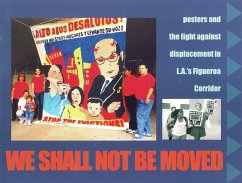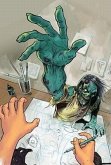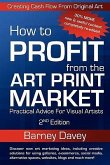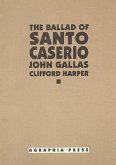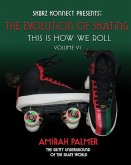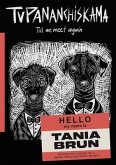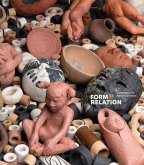Cultural Writing. Art. New Latino/Latina Studies. WE SHALL NOT BE MOVED brings together graphic arts and grassroots voices to describe the impact of gentrification and development in central Los Angeles, and how people fight back to protect their communities. This book emerged from a unique collaboration between SAJE, Self-Help Graphics and Art, and the Center for the Study of Political Graphics. It is a visual and written story of how grassroots organizing can both inspire and be inspired by the creation of original art and the recognition of the intermingled traditions of art and struggle on a global level. It combines a gripping narrative of what gentrification looks like in Los Angeles' Figueroa Corridor where the city's wealthiest developers rub shoulders with its poorest residents. It speaks to how artists can work with activists, and gives a full-color view of posters from housing struggles around the country and the world.

